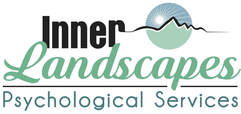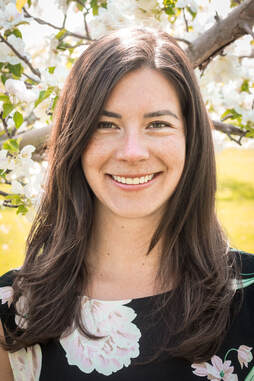A Bit About Me
Hi, I'm Jessica! I'm a counselling psychologist working with clients in the Maritime Provinces, Alberta, Quebec, the Northwest Territories, and the Yukon. I work with individual adults experiencing a range of concerns to help them move toward richer, fuller, and more meaningful lives. I also work with couples to improve communication, connection, and satisfaction within their relationships. I approach each client and situation with genuine curiosity and compassion, within a non-judgmental space. I view my role as a guide walking alongside clients in their healing journeys.
|
Jessica Ferro, MC:AT, Registered Psychologist
|
I have spent most of my life in the Yukon, but I've also lived in Ontario, BC, the USA, the Middle East, and now I'm delighted to be living in Nova Scotia. I love to travel and experience new cultures! I'm also an animal lover and have two fantastic dogs, both adopted from the Yukon animal shelter. I am a feminist who stands for equal rights, animal rights, justice, diversity, accountability, integrity, and anti-oppression.

